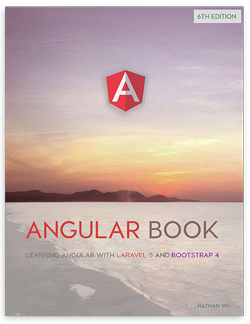Angular 2 versus React: There Will Be Blood
Cory House talk about Angular 2 and React. Which one do you choose?
Angular 2 has reached Beta and appears poised to become the hot new framework of 2016. It’s time for a showdown. Let’s see how it stacks up against 2015’s darling: React.
Disclaimer: I enjoyed working in Angular 1 but switched to React in
- I just published a Pluralsight course on React and Flux (free trial). So yes, I’m biased. But I’m attacking both sides.
Alright, let’s do this. There will be blood.
You’re Comparing Apples and Orangutans!
Sigh. Yes, Angular is a framework, React is a library. Some say this difference makes comparing them illogical. Not at all! Choosing between Angular and React is like choosing between buying an off-the-shelf computer and building your own with off-the-shelf parts. This post considers the merits of these two approaches. I compare React’s syntax and component model to Angular’s syntax and component model. This is like comparing an off-the-shelf computer’s CPU to a raw CPU. Apples to apples.
Angular 2 Advantages
Let’s start by considering Angular 2’s advantages over React.
Low Decision Fatigue
Since Angular is a framework, it provides significantly more opinions and functionality out of the box. With React, you typically pull a number of other libraries off the shelf to build a real app. You’ll likely want libraries for routing, enforcing unidirectional flows, web API calls, testing, dependency management, and so on. The number of decisions is pretty overwhelming. This is why React has so many starter kits (I’ve published two). Angular offers more opinions out of &g
Link:
This post is submitted by our members. Submit a new post.
Topics: Javascript AngularJS ReactJS
Tags: News
















